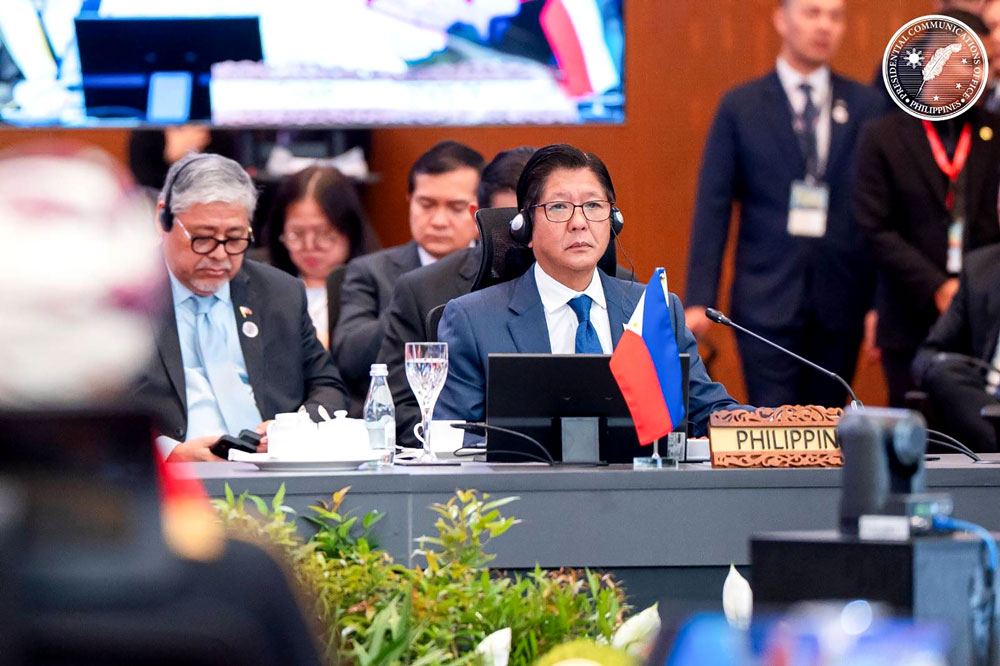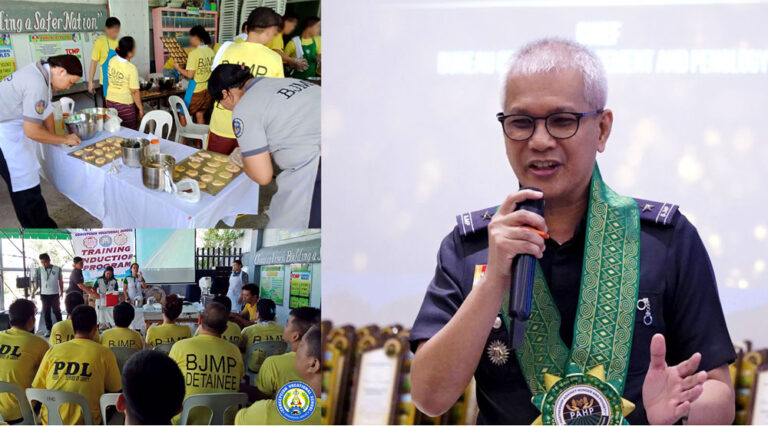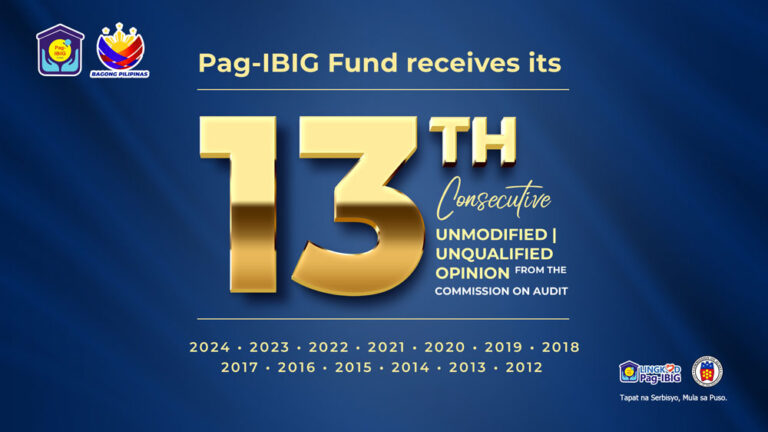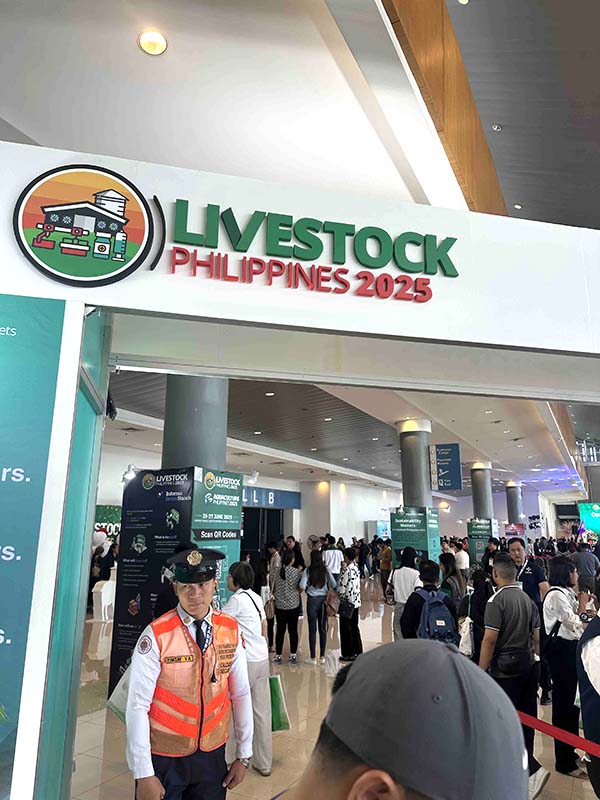
PRESIDENT Ferdinand R. Marcos Jr. has emphasized the importance of trilateral cooperation among Southeast Asian nations, Gulf states, and China on digital transformation, trade, agriculture, and renewable energy to spur economic development.
During the inaugural Association of Southeast Asian Nations (ASEAN) – Gulf Cooperation Council (GCC) – China Summit at the Kuala Lumpur Convention Centre in Malaysia on Tuesday, Marcos urged his fellow leaders to close connectivity gaps, strengthen digital infrastructure, and promote an open and responsible innovation.
“Let us also deepen cooperation in digital trade, cybersecurity, and the development of digital skills so that our youth, our entrepreneurs, and our workers are equipped to thrive in an AI-driven world,” Marcos said in his intervention.
Marcos called for joint investments in digital infrastructure, innovation, and digital skills development, stressing that artificial intelligence (AI) emerges as a powerful force for transformation.
He also acknowledged that the six GCC member-countries and China have emerged as global leaders in AI innovation.
Marcos said the Philippines is also open to expanding its collaboration with fellow ASEAN members, the GCC countries, and China in the development of renewable energy, carbon capture, and advanced storage technologies to ensure an energy future that is integrated, secure and sustainable.
He also stressed the importance of safeguarding and strengthening global food systems through climate-resilient agriculture, innovation, and investments that empower rural communities and ensure long-term food security.
“As we navigate an increasingly complex global landscape, the Philippines remains firmly committed to deepening our engagement with partners across the Gulf, China, and our fellow Member States,” Marcos said.
“Yet beyond trade and technology, we must nurture the human ties that sustain us. Deeper cooperation in education, in tourism, cultural exchanges that will enrich our understanding, that will build trust, and bind our regions together in friendship and in peace,” he added.
Marcos said he expects the trilateral ties to create “a future shaped not by competition, but by collaboration, especially given our shared values, shared aspirations, and shared growth,” fostering economic leverage while maintaining balanced and mutually beneficial relations with international partners.
Speaking to reporters after his participation in the 46th ASEAN Summit, Marcos said he is doing his best to strengthen the Philippines’ relations not just with the European Union or the United States but with other countries.
“This is a big opportunity for member countries of GCC, member countries of ASEAN, to interact and to find ways to find some things to do. The same thing with China. So, I think it is also in response again to the instabilities that we all are worried about on the global economy,” he said.
ASEAN member-states include Brunei, Cambodia, Indonesia, Laos, Malaysia, Myanmar, the Philippines, Singapore, Thailand and Vietnam.
The GCC, on the other hand, is composed of the United Arab Emirates, Bahrain, Saudi Arabia, Oman, Qatar, and Kuwait. (Ruth Abbey Gita-Carlos)



